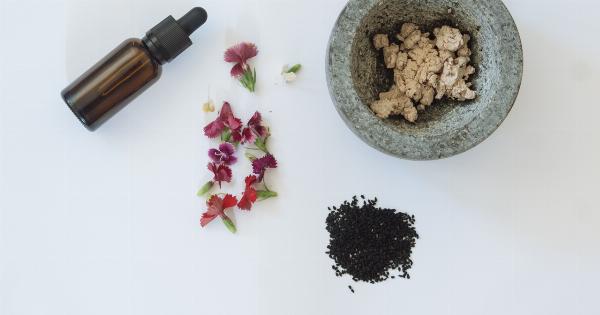World Psoriasis Day is celebrated annually on the 29th of October to increase awareness and knowledge about psoriasis among people, healthcare professionals, and policymakers.
According to the World Health Organization (WHO), psoriasis affects nearly 3% of the world’s population. It is a chronic, non-communicable, and painful skin condition that can have a significant impact on a person’s quality of life.
The theme of this year’s World Psoriasis Day is “Embrace Your Pure Skin,” which emphasizes the need for people with psoriasis to accept their condition and feel confident about their natural skin.
What is Psoriasis?
Psoriasis is a skin condition that causes the skin cells to multiply faster than usual, leading to the formation of itchy, red, and scaly patches on the skin.
It is a chronic autoimmune disease that affects the immune system and causes inflammation in the body, leading to psoriasis symptoms. Psoriasis can occur at any age, and the severity and frequency of the symptoms can vary from person to person.
Symptoms of Psoriasis
The symptoms of psoriasis may include:.
- Red patches of skin covered with thick, silvery scales
- Dry, cracked skin that may bleed
- Itching, burning or soreness
- Swollen and stiff joints
The symptoms can appear on any part of the body, including the scalp, face, hands, feet, nails, and genitals.
Causes of Psoriasis
The exact cause of psoriasis is still unknown, but research suggests that the condition is caused by a combination of genetic, environmental, and immune system factors. Some of the common triggers that can worsen psoriasis symptoms are:.
- Stress
- Certain medications
- Alcohol consumption
- Smoking
- Infections
- Injuries to the skin, such as cuts or burns
Treatment for Psoriasis
There is no cure for psoriasis, but there are several treatment options that can help relieve the symptoms of the condition. The treatment options may include:.
- Topical treatments, such as creams, ointments, and lotions
- Phototherapy, which involves exposing the skin to ultraviolet light
- Systemic medications, such as oral or injectable drugs
The treatment plan may vary depending on the severity and frequency of the symptoms and the overall health condition of a person. It is essential to consult a healthcare professional before starting any psoriasis treatment.
Embrace Your Pure Skin
The theme of this year’s World Psoriasis Day is “Embrace Your Pure Skin,” which aims to encourage people with psoriasis to accept their condition and feel confident about their natural skin.
The campaign emphasizes the need to spread awareness about psoriasis and break the stigma associated with it.
Tips for Embracing Your Pure Skin
Here are some tips that can help people with psoriasis embrace their pure skin:.
- Stay Hydrated: Drinking plenty of water can help keep the skin hydrated and prevent dryness and itching.
- Eat a balanced diet: A healthy and balanced diet can help boost the immune system and reduce the inflammation in the body.
- Manage stress: Stress can worsen the symptoms of psoriasis, so it is essential to practice stress-lowering techniques like meditation and yoga.
- Protect the skin: Protect the skin from injuries, cold weather, and prolonged exposure to the sun to prevent flare-ups.
- Join support groups: Joining support groups can help connect with other people with psoriasis, share experiences, and get emotional support.
The Importance of Awareness
Increasing awareness about psoriasis is essential to remove the stigma associated with the condition and provide accurate information to the public, healthcare professionals, and policymakers.
It can also help people with psoriasis understand their condition better, identify triggers, and manage the symptoms effectively.
Conclusion
Psoriasis is a chronic skin condition that affects millions of people worldwide. The symptoms of the condition can have a significant impact on a person’s quality of life, but there are several treatment options available to relieve the symptoms.
The theme of this year’s World Psoriasis Day is “Embrace Your Pure Skin,” which emphasizes the need for people with psoriasis to accept their condition and feel confident about their natural skin. Raising awareness about psoriasis and breaking the associated stigma is essential to ensure that people with psoriasis receive the care and support they deserve.




























